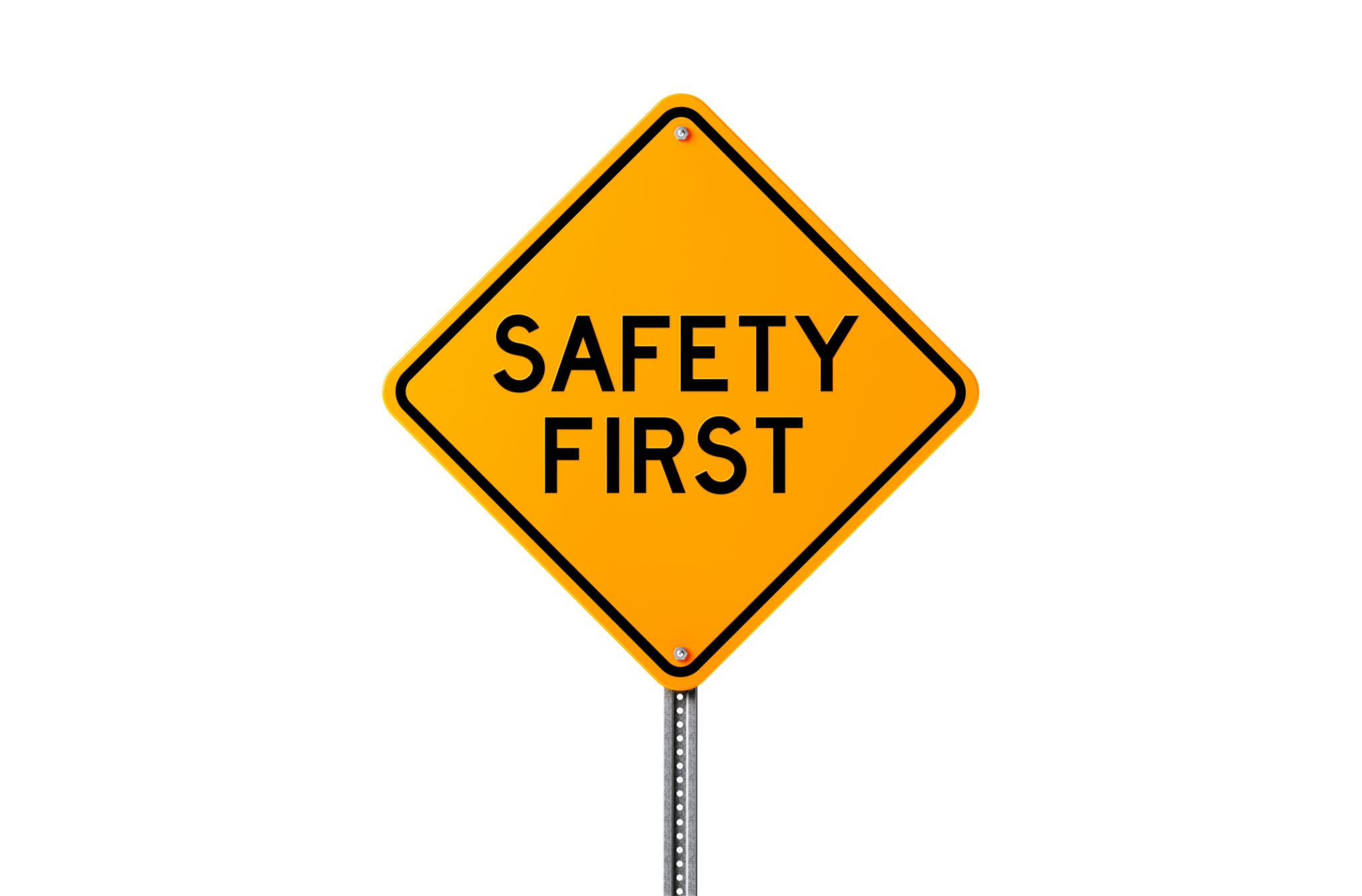Event Security Best Practices for a Safe and Secure Gathering
Understanding the Importance of Event Security
Ensuring the safety of attendees at any event is a top priority for organizers. With numerous factors to consider, implementing effective security measures can be challenging. However, by understanding the potential risks and preparing accordingly, you can create a safe environment for everyone involved. Event security is not just about having guards at entrances; it encompasses a comprehensive approach to safety management.
Whether you are hosting a small gathering or a large-scale event, each comes with its own set of security challenges. It is crucial to tailor your security plan to fit the specific needs and potential vulnerabilities of your event. This proactive approach helps in preventing incidents and ensures a smooth experience for all participants.

Conducting a Thorough Risk Assessment
A detailed risk assessment is the foundation of effective event security planning. Identifying potential threats and vulnerabilities allows you to put measures in place to mitigate them. Start by considering the event location, the number of attendees, and the nature of the event.
Engage with local authorities and security experts to gain insights into potential risks in the area. This collaboration can be instrumental in developing a robust security strategy that addresses all possible scenarios. Additionally, it is important to review past events for any lessons learned that can be applied to your current planning.
Creating a Comprehensive Security Plan
Once you have a clear understanding of the risks, the next step is to develop a comprehensive security plan. This should include:
- Access control: Implement measures such as ticket checks and bag inspections to manage entry points.
- Surveillance: Utilize CCTV and other monitoring technologies to keep an eye on critical areas.
- Emergency response: Have clear procedures and trained personnel ready for any emergency situation.

Training and Communication
Effective security relies heavily on well-trained staff who are prepared to handle any situation. Conduct regular training sessions for your team, covering aspects such as crowd management, conflict resolution, and emergency procedures. Staff should be familiar with the layout of the venue and understand their specific roles in the security plan.
Communication is equally vital. Ensure there are reliable communication systems in place for staff to report incidents quickly and efficiently. Radios or mobile devices should be tested prior to the event to avoid any technical issues.
Engaging with Attendees
In addition to training staff, engaging with attendees about security measures is crucial. Clear signage can guide guests on what items are prohibited and where they can find help if needed. Furthermore, utilize digital communication tools such as event apps or social media to inform attendees about security protocols before they arrive.

Encourage attendees to report any suspicious activity and assure them that their concerns will be taken seriously. Creating an environment where guests feel comfortable approaching staff can significantly enhance overall security.
Leveraging Technology for Enhanced Security
Technology plays a pivotal role in modern event security. From access control systems that use biometric identification to drones monitoring large areas, leveraging technology can greatly enhance your security efforts. Consider implementing real-time data analytics to monitor crowd density and adjust security measures as needed.
Additionally, mobile apps can provide attendees with instant updates on security matters, ensuring they are always informed. By integrating technology into your security strategy, you can respond faster and more effectively to any incidents that may arise.
Post-Event Evaluation
After the event concludes, conduct a thorough evaluation of your security measures. Gather feedback from staff, attendees, and any third-party security providers to assess what worked well and what could be improved. This reflection will be invaluable for future events, helping you refine your approach and enhance security protocols.

A successful event is one where everyone feels safe and secure. By following these best practices, you can create an environment that prioritizes safety while allowing attendees to enjoy the event without worry.
